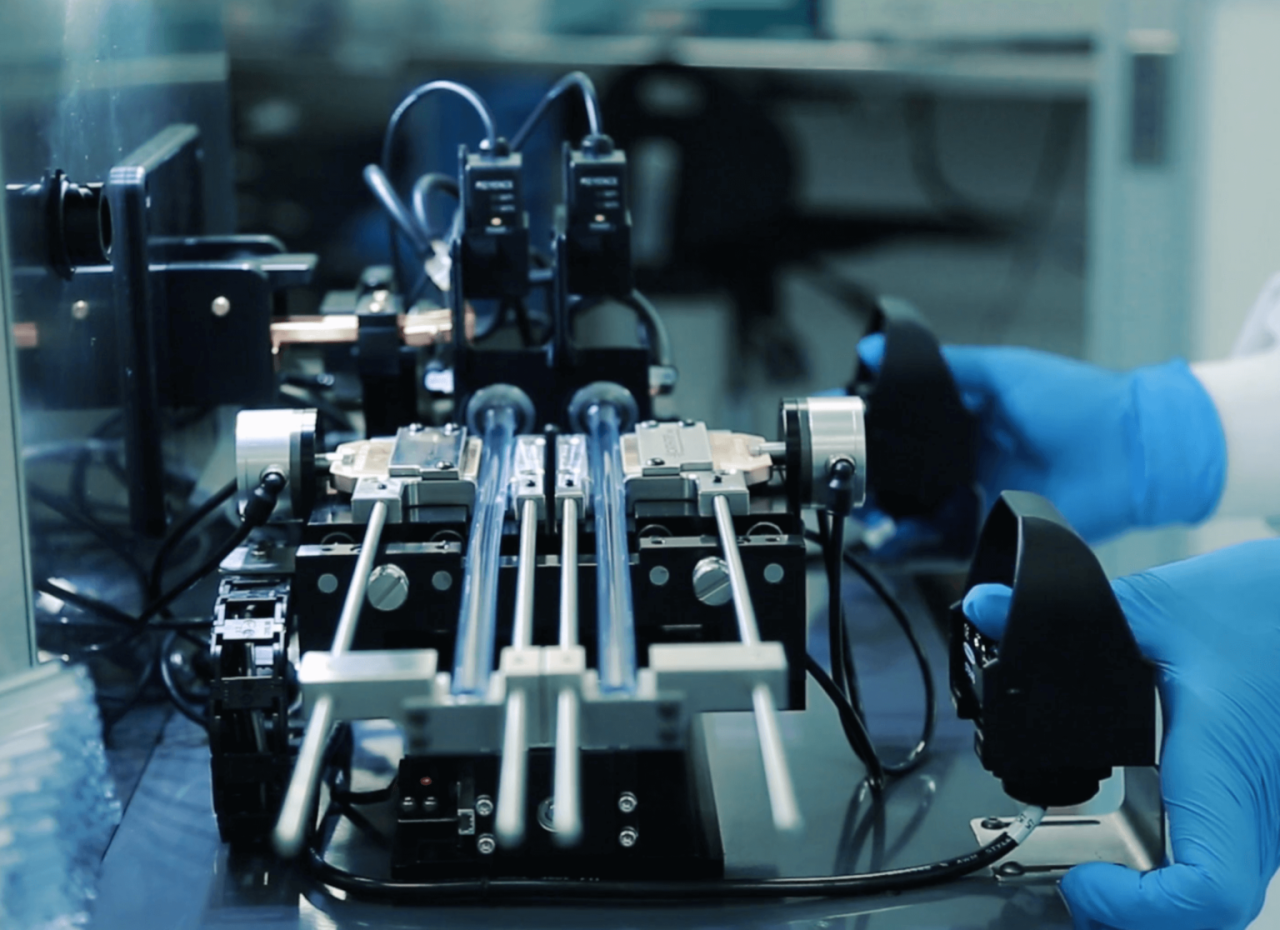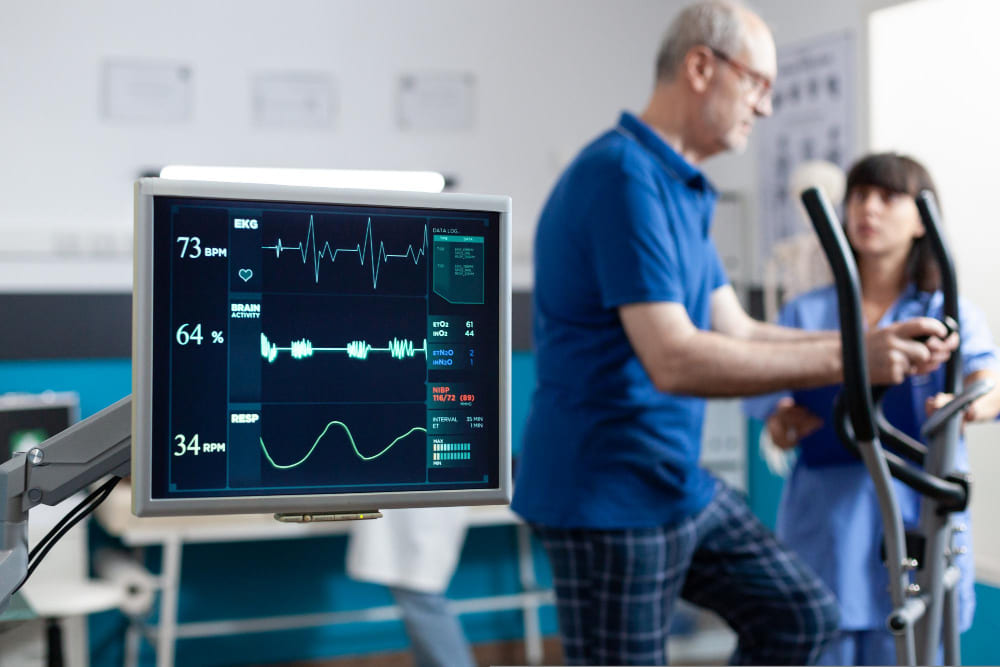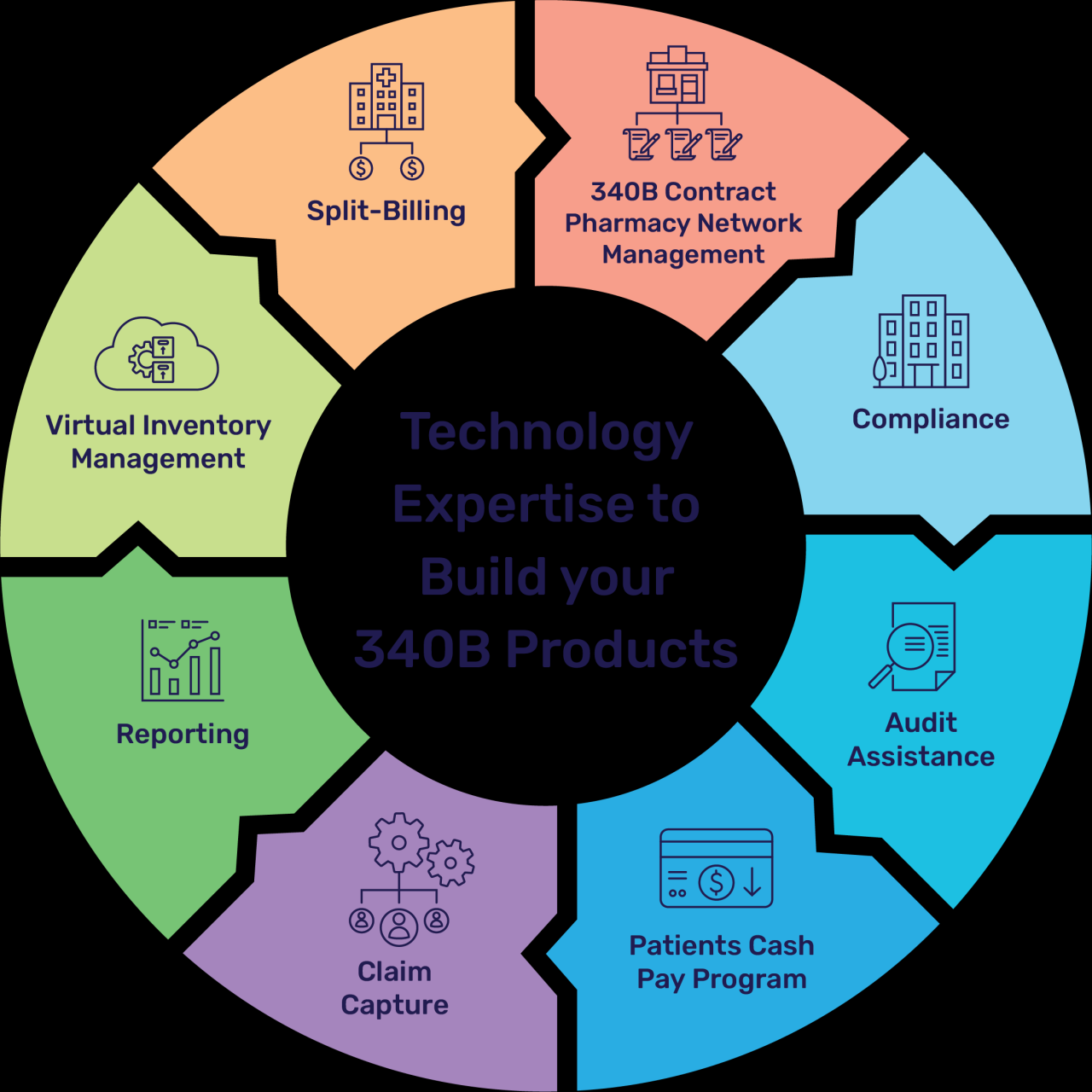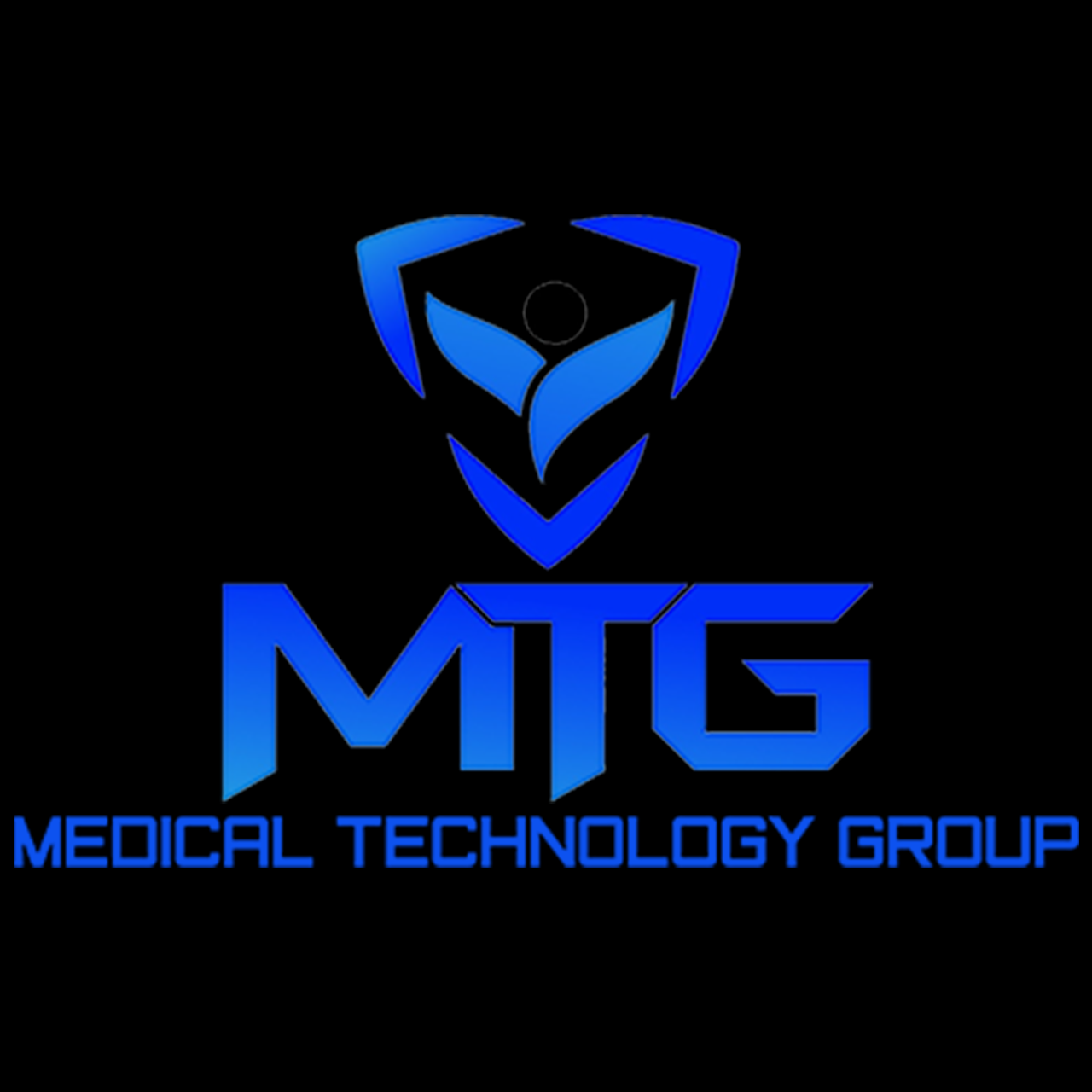Introduction to Surgical Technology: A Guide to the Operating Room
Introduction to surgical technology delves into the intricate world of the operating room, exploring the vital role surgical technologists play in patient care. This field demands a unique blend of […]
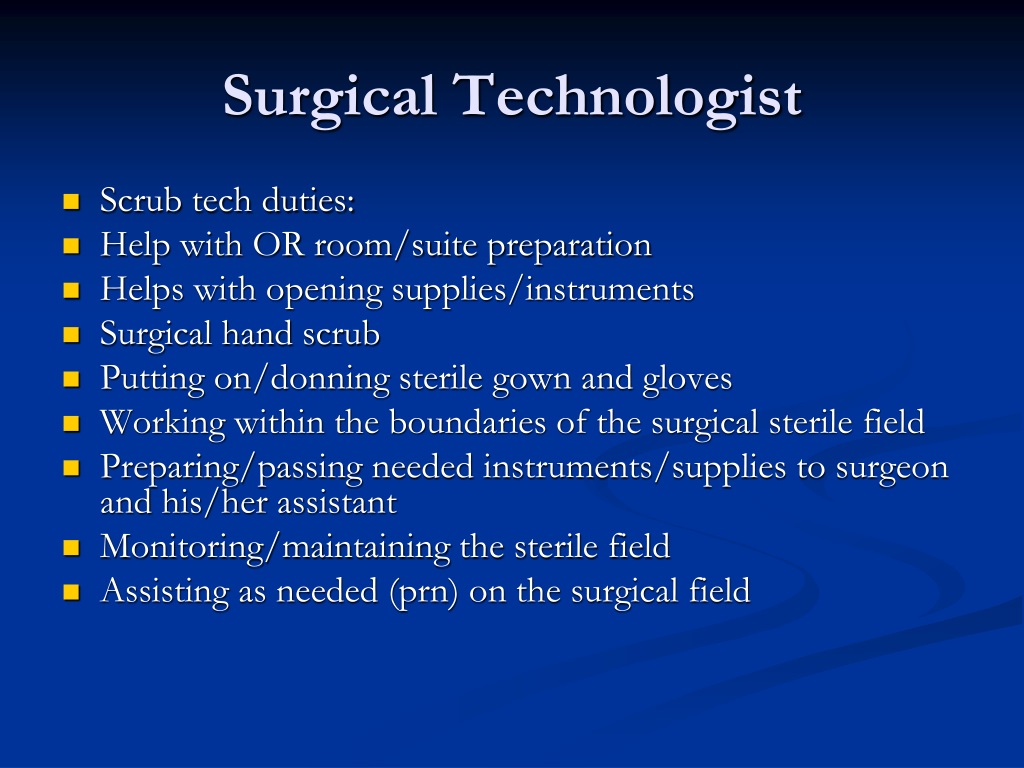
Introduction to surgical technology delves into the intricate world of the operating room, exploring the vital role surgical technologists play in patient care. This field demands a unique blend of technical expertise, meticulous attention to detail, and unwavering dedication to patient safety.
From understanding the history and evolution of surgical technology to mastering the intricacies of sterile technique and instrument handling, this comprehensive guide provides a foundation for those seeking to enter this dynamic profession. You’ll discover the diverse settings where surgical technologists work, the essential skills and knowledge required, and the importance of collaboration within the surgical team.
Education and Training Requirements

Becoming a surgical technologist requires a combination of formal education and practical experience. Individuals interested in this profession have various pathways to pursue, each offering a unique blend of classroom learning and hands-on training.
Educational Pathways
The path to becoming a surgical technologist typically involves completing a formal educational program. Here are the most common options:
- Associate Degree in Surgical Technology: This is the most common educational pathway, providing a comprehensive curriculum covering the essential knowledge and skills required for the role. Programs typically take two years to complete and often include clinical rotations in operating rooms.
- Certificate in Surgical Technology: Some institutions offer certificate programs, which provide a more focused and condensed training experience. These programs usually take less time to complete than associate degrees but may not be as widely recognized by employers.
- Bachelor’s Degree in Surgical Technology: While less common, some universities offer bachelor’s degree programs in surgical technology. These programs provide a broader education, including advanced coursework in surgical principles, healthcare management, and research.
Essential Skills and Knowledge
Surgical technologists must possess a diverse set of skills and knowledge to excel in their role. Here are some key areas:
- Surgical Procedures: A thorough understanding of surgical procedures, including their steps, instruments, and potential complications, is essential. This knowledge allows surgical technologists to anticipate the surgeon’s needs and provide efficient assistance.
- Sterilization and Infection Control: Maintaining a sterile environment is paramount in the operating room. Surgical technologists must be proficient in sterilization techniques, infection control protocols, and the use of personal protective equipment (PPE).
- Anatomy and Physiology: A strong foundation in human anatomy and physiology is crucial for understanding the surgical procedures and providing accurate assistance to surgeons.
- Medical Terminology: Surgical technologists must be able to understand and communicate using medical terminology, both orally and in writing.
- Communication and Teamwork: Effective communication and teamwork are vital in the operating room. Surgical technologists must be able to collaborate effectively with surgeons, nurses, and other healthcare professionals.
- Problem-Solving and Critical Thinking: Surgical technologists often encounter unexpected situations in the operating room. They must be able to think critically, solve problems quickly, and adapt to changing circumstances.
Continuing Education and Professional Development
The field of surgical technology is constantly evolving, with new techniques and technologies emerging regularly. To stay current and maintain their skills, surgical technologists must engage in ongoing professional development. This can include:
- Continuing Education Courses: Attending workshops, seminars, and conferences allows surgical technologists to learn about the latest advancements in surgical technology and procedures.
- Certification: The Association of Surgical Technologists (AST) offers certification exams for surgical technologists. Certification demonstrates competency and professionalism and can enhance job prospects.
- Professional Organizations: Joining professional organizations like the AST provides access to networking opportunities, professional resources, and advocacy support.
Advanced Surgical Technologies and Innovations: Introduction To Surgical Technology

The field of surgery has undergone a remarkable transformation with the advent of advanced technologies. These innovations have significantly enhanced surgical precision, minimized invasiveness, and improved patient outcomes.
The Role of Technology in Modern Surgery
Technological advancements have revolutionized the surgical landscape, enabling minimally invasive procedures, robotic assistance, and sophisticated imaging techniques.
- Minimally Invasive Surgery (MIS): MIS techniques, such as laparoscopic surgery, involve smaller incisions and the use of specialized instruments and cameras. This approach reduces pain, scarring, and recovery time, leading to faster patient recovery and improved cosmetic outcomes. For example, laparoscopic cholecystectomy (gallbladder removal) has replaced traditional open surgery, significantly reducing hospital stays and complications.
- Robotics in Surgery: Robotic surgical systems provide surgeons with enhanced dexterity, precision, and visualization during complex procedures. These systems use robotic arms controlled by surgeons from a console, allowing for smaller incisions, reduced tremors, and improved surgical accuracy. Robotic-assisted surgery is particularly beneficial in procedures involving delicate tissues, such as prostate surgery or hysterectomy.
- Advanced Imaging Techniques: Medical imaging technologies, such as computed tomography (CT) scans, magnetic resonance imaging (MRI), and ultrasound, play a crucial role in surgical planning and execution. These techniques provide detailed anatomical information, allowing surgeons to precisely identify target areas, assess tissue characteristics, and monitor surgical progress in real-time. For example, pre-operative CT scans can help surgeons plan the best approach for complex spinal surgeries, ensuring accurate placement of implants and minimizing risks.
Ethical Considerations in Advanced Surgical Technologies, Introduction to surgical technology
The use of advanced surgical technologies raises important ethical considerations, particularly regarding patient safety, access to care, and the potential for misuse.
- Patient Safety: It is crucial to ensure that the use of these technologies is safe and effective. Rigorous testing, training, and quality control measures are essential to minimize the risk of complications and ensure optimal patient outcomes. For example, the development of new robotic surgical systems requires extensive clinical trials to evaluate their safety and efficacy before widespread adoption.
- Access to Care: The cost of advanced surgical technologies can be substantial, raising concerns about equitable access to care. It is important to ensure that these technologies are available to all patients who need them, regardless of their socioeconomic status. For example, governments and healthcare providers can explore strategies to make advanced surgical technologies more affordable and accessible, such as subsidies, insurance coverage, and public-private partnerships.
- Potential for Misuse: The potential for misuse of advanced surgical technologies is a significant ethical concern. For example, the use of robotics in surgery raises questions about the role of the surgeon and the potential for human error. It is essential to establish clear guidelines and regulations to prevent misuse and ensure ethical use of these technologies.
Improving Patient Outcomes with New Technologies
Advanced surgical technologies have significantly improved patient outcomes in various surgical specialties.
- Minimally Invasive Cardiac Surgery: Minimally invasive techniques have revolutionized cardiac surgery, allowing for smaller incisions, faster recovery times, and reduced complications. For example, minimally invasive coronary artery bypass surgery (CABG) has become the standard of care for many patients, reducing hospital stays and improving quality of life.
- Precision Oncology: Advanced imaging and molecular diagnostics are transforming cancer treatment, enabling personalized therapy tailored to individual patients. For example, genetic testing can identify specific mutations in tumor cells, allowing oncologists to prescribe targeted therapies that are more effective and have fewer side effects.
- Artificial Intelligence (AI) in Surgery: AI algorithms are being developed to assist surgeons in various tasks, such as image analysis, surgical planning, and real-time monitoring. These technologies have the potential to enhance surgical accuracy, efficiency, and patient safety. For example, AI-powered systems can analyze large datasets of surgical images to identify potential risks and suggest optimal treatment strategies.
Outcome Summary
The world of surgical technology is constantly evolving, with advancements in minimally invasive techniques, robotics, and imaging shaping the future of surgery. As a surgical technologist, you’ll be at the forefront of these innovations, playing a critical role in ensuring patient safety and contributing to improved surgical outcomes. By understanding the principles of sterile technique, instrument handling, and the ethical considerations surrounding advanced technologies, you’ll be well-equipped to navigate the complexities of this rewarding field.
Introduction to surgical technology involves learning about the intricate procedures and equipment used in operating rooms. One crucial aspect of surgical technology is maintaining a sterile environment, and clean water is essential. A reliable water filter like the blue technology water filter can provide purified water for cleaning instruments and equipment, contributing to the overall safety and success of surgical procedures.
